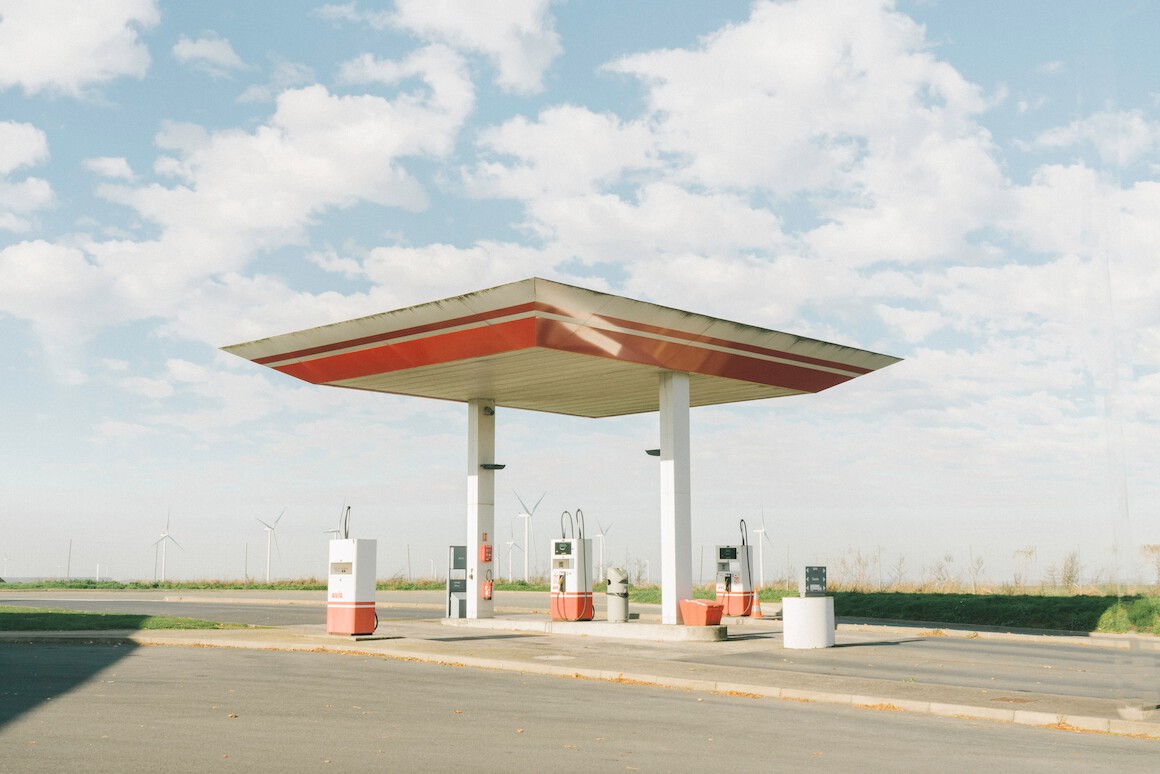On 20 March 2023, the Court of Appeal of Milan confirmed a first-instance decision of the Specialized Commercial Section of the Court of Milan and thereby rejected a request for damages compensation amounting to more than EUR 4 million based on the alleged abuse of economic dependence suffered by the claimant (EGV, a company owning fuel distribution plants in the South of Italy) as a consequence of conduct put in place by IES – Italiana Energia e Servizi Spa, an energy company active in the wholesale fuel industry.
The Court of Appeal, upholding the first-instance decision, rejected, among others, the claims concerning the alleged unilateral imposition of resale prices and conditions. However, the Court of Appeal, while confirming the decision, overturned the interpretation offered by the Tribunal regarding the existence of a situation of economic dependence.
The case
EGV had been a distributor of fuel provided by the energy company IES since 2004. The parties had entered into two distribution agreements related to two different distribution plants in the South of Italy, providing, inter alia: (i) a 6-year duration, with automatic renewal for a further 6 years; (ii) a non-compete obligation according to which EGV was obliged to only purchase and resell IES’s fuel; (iii) quantitative obligations (minimum purchase and sale, differently regulated) on both parties.
Both agreements were subsequently extended to four additional distribution plants and amended in 2007, extending their duration to ten years (expiration in 2017).
The vertical elements of the case
The case – filed by the claimant as an “abuse of economic dependence” claim, therefore to be scrutinized under Law 192/1998 – included a few vertical elements, which were both at the core of the analysis of the existence of a situation of economic dependence on EGV and the existence of the alleged abuse by IES.
In particular, these elements were:
(i) the long duration of the distribution agreements (a 6+6 initial provision, then turned into a 10-year duration, with no withdrawal right for EGV, and a discretionary withdrawal right upon 3-month notice for IES);
(ii) the non-compete covenant on EGV; and
(iii) the alleged imposition of fuel resale prices by IES.
The decision
The Court of Appeal, confirming the first-instance decision, rejected the request for damages compensation, taking an express position on the vertical elements of the contracts, regarding their relevance for ascertaining the existence of a situation of economic dependence and the related abuse.
Regarding the existence of a situation of economic dependence, the Court of Appeal, overturning the decision of the Tribunal, deemed the combination of (i) the long duration of the agreements, (ii) the non-compete obligation, and (iii) the discretionary definition of purchase price by IES, as able to determine the existence of economic dependence on EGV.
Interestingly, the Court of Appeal observed that, although a situation of economic dependence did not exist at the beginning of the contractual relationship, nor was established because of its execution (given the presence of several alternative suppliers, the absence of any evidence of IES’s ability to impose unfair contractual conditions, and the claimant’s declaration of the convenience of the relationship for the first five years of its duration), such a situation appeared afterwards as a consequence of the ongoing effects of the aforementioned “combo”.
While detecting a situation of economic dependence, the Court nevertheless discarded the compensation requests touching, among others, the arguments specifically relating to the vertical elements and, in particular, to the alleged price imposition.
More generally, as regards contractual conditions and negotiations, the Court considered the following elements as confirming the existence of free negotiations between the parties (so that no economic dependence existed or was set at the moment of entering into the agreement):
- EGV had not made any specific investment aimed at satisfying specific IES's needs or requests.
- EGV had not been forced to conclude exclusive supply agreements due to the lack of adequate market alternatives.
- EGV had not demonstrated that, within the relevant market, there were no other oil companies to which it could have turned to contract its distribution plants on equivalent or not significantly deteriorating conditions.
- An examination of the contractual agreements showed a gradual improvement in the conditions granted by IES to EGV and a widening of the profit margins for the distributor.
On pricing, the Court noted that under the terms of the contract, EGV was certainly not obliged to sell fuel at the price recommended by IES, given that the fuel could have been sold to the public even at a lower price than the recommended one, and that such conduct would not significantly reduce its margins.
No contractual evidence, nor other element provided by the claimant, suggested that recommended prices might have indirectly turned into fixed/imposed resale prices. Although the purchase price was considered unilaterally and discretionarily set by IES, at a level that was generally higher than prices recommended by competitors, the elements provided by the claimant only suggested that the application of recommended sales prices resulted overall from the claimant’s free determination to keep resale prices as high as possible in order to maintain high margins.
Commentary
The case, although not providing a scrutiny of relevant vertical elements (non-compete covenant duration, pricing, and contractual conditions) under the specific competition lens, however provides a significant and not so frequent example of the relevance (also in terms of the standard of proof) of such vertical elements in the context of the judicial analysis of distribution relationships.
In particular, it is interesting to notice the attention of the courts to the pricing contractual regulation and how it impacted the relationship, to the extent that the non-imposition of resale prices actually played a central role in excluding the abuse of the ascertained situation of economic dependence.





Sign in to post comments